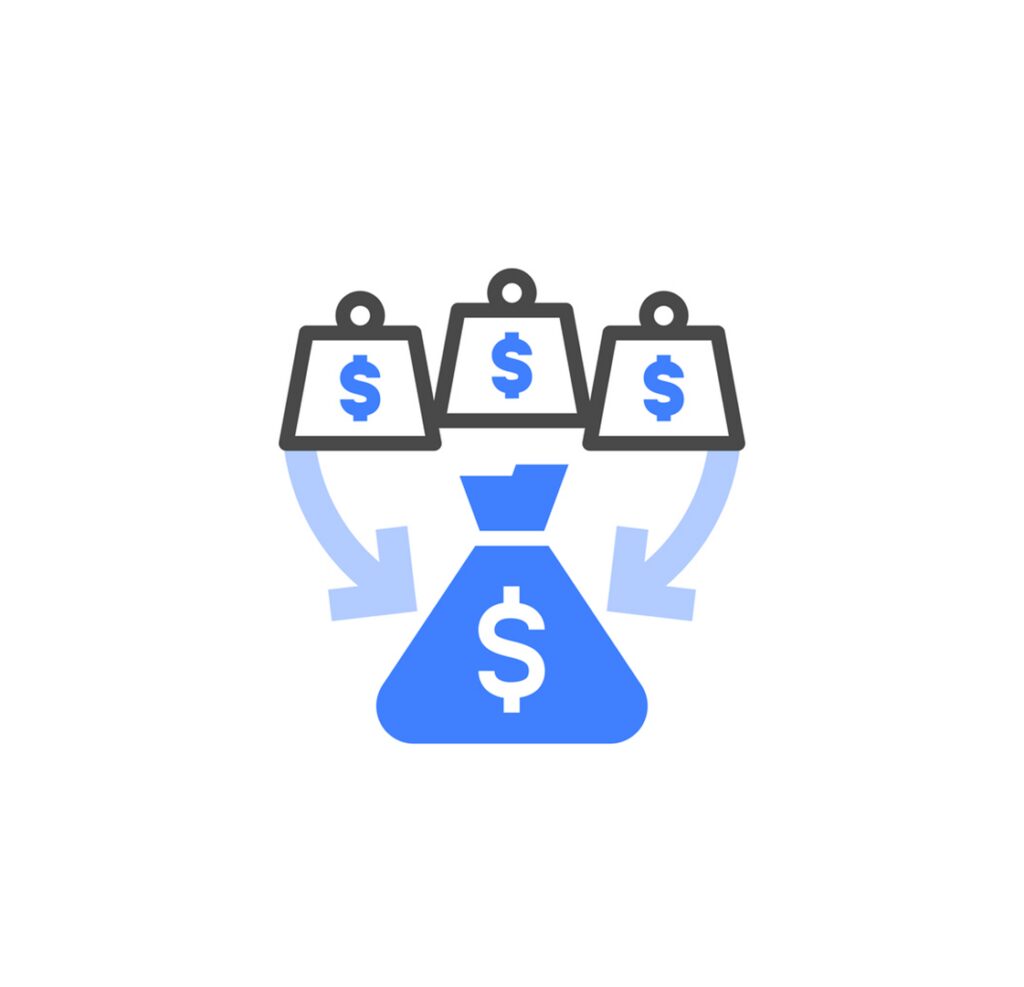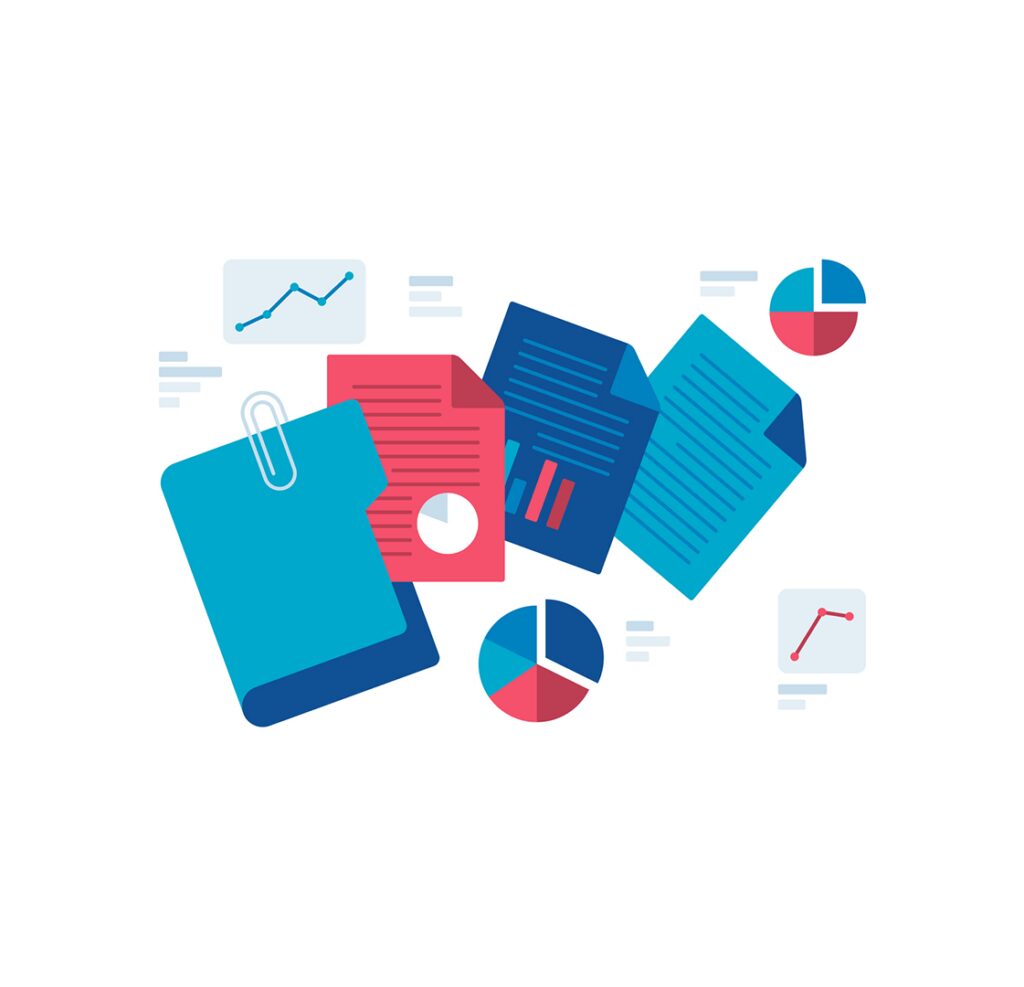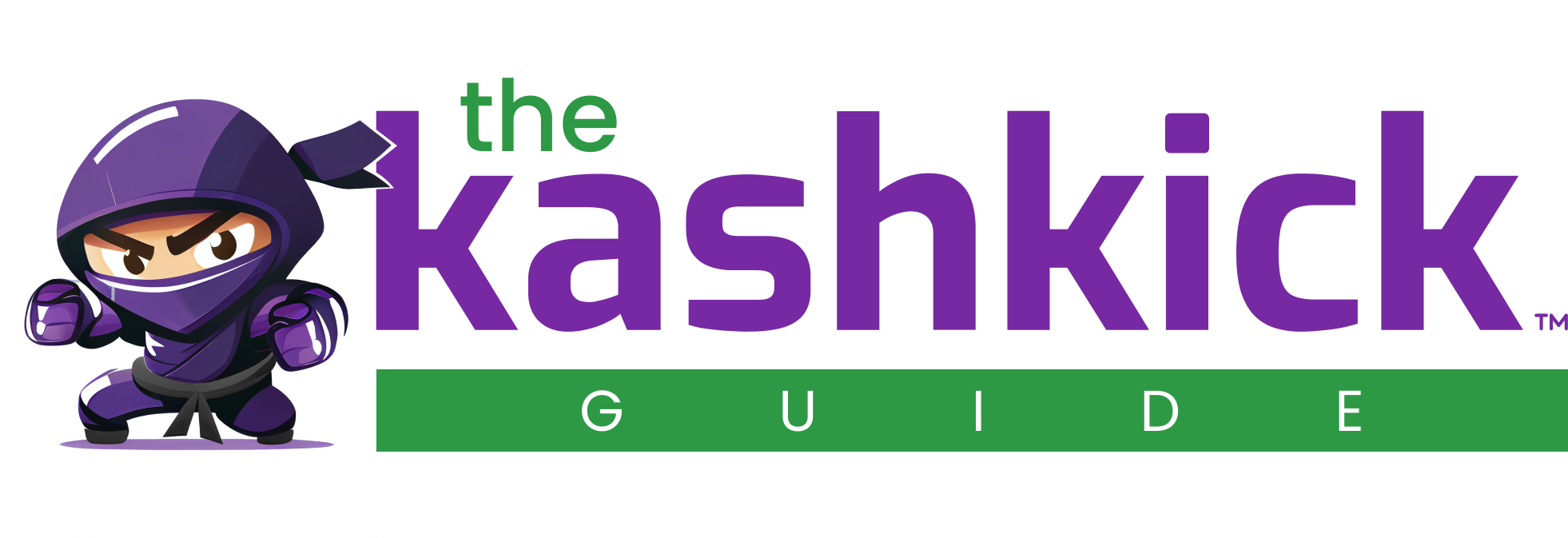
Last Updated on May 5, 2025 by KashKick Crew
Are you drowning in credit card bills with no end in sight? Do you lose sleep at night wondering if you’ll ever find a way to get ahead of mounting interest and late fees? Are you unsure where to even begin when it comes to choosing a path toward financial stability?
If these questions hit close to home, you’re certainly not alone. Many people feel overwhelmed, unsure, and even embarrassed when they find themselves in a cycle of debt.
Two potential routes for relief—debt consolidation loans and debt management plans—often pop up during the search for answers. Both might help you regain control, but each comes with its own set of considerations. It’s not just about “paying less” or “lowering interest” but choosing a strategy that fits your unique financial circumstances and long-term goals.
So, if you’re ready to consider fresh approaches, feel supported, and finally find a way out of that stressful financial rut, read on.

What is a Debt Consolidation Loan?
A debt consolidation loan is essentially a single, new loan you use to pay off multiple existing debts. Instead of juggling credit cards, personal loans, and maybe even a lingering store account, businesses like Mitigately and National Debt Relief bundle them all into one payment with one interest rate.
Think of it as replacing a tangled mess of bills with a single, more predictable monthly obligation. It’s not magic, and it doesn’t erase what you owe, but it can make life simpler.
With only one lender to deal with, you might find it easier to stay organized and keep track of your progress. It’s a tool many use to regain a sense of control over their financial life.
How Does a Debt Consolidation Loan Work?
A debt consolidation loan works by combining all your existing debts—think credit cards, personal loans, and maybe even medical bills—into one new loan. Here’s how it typically goes: after you apply and get approved, the lender issues a lump sum, which you then use to pay off each separate balance you’ve been struggling with.
Now, rather than keeping track of several payments, you’re dealing with just one, often at a fixed interest rate. This can make it easier to stay organized, reduce stress, and keep your finances on track.
Of course, you’re not magically erasing your debt; you’re simply reshuffling it into a more manageable form. Still, this streamlined setup can feel like a fresh start, giving you a clearer path forward and helping you feel more in control of your money.
Key Features of Debt Consolidation Loan
Imagine lining up all your scattered debts and rolling them into one neat package—that’s where a debt consolidation loan comes in.
One of its key features involves choosing between fixed or variable interest rates:
- A fixed rate is like a steady cruise control setting—your monthly payment stays the same every time.
- A variable rate, on the other hand, is a bit more unpredictable, potentially saving you money now but possibly costing more down the road.
Another major perk is having monthly payments spread out over a defined term. This gives you a finish line to focus on, making it easier to stay motivated. Rather than juggling different payment schedules, you’ll have a single date to remember, helping you feel more in control.
Then there’s the credit score factor. Sure, applying for a consolidation loan might nudge your score down slightly at first. But as you consistently pay on time, you could see it gradually rise again, reflecting your new, more stable financial footing. It’s about building momentum and getting your finances back on track.
Eligibility Criteria for Debt Consolidation Loans
Of course, there are certain criteria you’ll need to meet to be eligible for a debt consolidation loan.
First, your credit score. This number shows lenders how well you’ve handled debt before. Good score? Awesome. You’ll likely get better rates. Not so great? Don’t stress. You may still qualify, but the deal might not be as sweet.
Next, think about your income and job stability. Lenders want to see steady paychecks. Consistency counts. It helps them trust that you’ll pay them back on time.
They’ll also check your debt-to-income ratio. Too high, and they may feel uneasy. Keep it balanced. Remember, every lender is different. Some are chill. Some are picky. It’s worth shopping around.

What is a Debt Management Plan (DMP)?
Think of a Debt Management Plan (DMP) as a road map guiding you out of a financial jungle. It’s an agreement you set up through a nonprofit credit counseling agency, designed to simplify life by rolling multiple unsecured debts—like credit card balances—into a single monthly payment.
You typically pay the credit counseling agency, which then distributes funds to your creditors. The real beauty of a DMP is that it often comes with reduced interest rates or waived fees, giving you a clearer, faster path to debt freedom.
While it’s not a magic wand that wipes away what you owe, it can steady your steps and keep you moving forward.
How Does a Debt Management Plan?
A Debt Management Plan (DMP) works by streamlining your debts into one straightforward monthly payment. Here’s how it generally happens: you start by speaking with a nonprofit credit counseling agency about your financial situation.
They review the details—your balances, interest rates, and monthly income—and then come up with a plan that feels more manageable.
After that, the agency reaches out to your creditors on your behalf, aiming to negotiate lower interest rates or drop certain fees. If everyone agrees, you’ll send one monthly payment to the agency instead of juggling multiple bills. They’ll then distribute the correct amounts to each of your creditors.
Over time, as you consistently make these simplified payments, you can track your progress more easily, stay organized, and focus on gradually reducing what you owe. While it’s not a quick fix and doesn’t make your debt vanish overnight, a DMP provides guidance, structure, and a clear path forward.
Key Features of Debt Management Plan
One of the defining aspects of a DMP is that it zeroes in on unsecured debts, such as credit cards, personal loans, and medical bills. No need to worry about mortgages or auto loans here–just what matters most.
Wondering if you’ll have to borrow more? With a DMP, you usually don’t take out any new loans. You’re simply organizing what you already owe into a more manageable form. Fewer complications. Less stress.
Curious about getting guidance? Most DMPs pair you with certified credit counselors. They help you fine-tune your budget, show you better money habits, and boost your confidence step by step.
You deserve that kind of support, don’t you? Short steps. Real progress.
Eligibility Criteria for Debt Management Plans
To be eligible for a debt management plan, you’ll usually need to prove genuine financial hardship. Does your income fall short of covering monthly bills? If so, you’re likely an eligible candidate.
You must also agree to stop using your credit cards during the repayment period. This step helps you avoid piling on more debt. It’s a necessary adjustment.
Many DMPs also require that you have a certain amount of unsecured debt. You’ll need to show that you can follow a structured payment schedule. Additionally, your creditors must sign off on the terms of the plan.
These conditions might feel strict at first, but they’re there to make sure this approach actually works for you.
Comparing Debt Consolidation Loans and Debt Management Plans
| Aspect | Debt Consolidation Loans | Debt Management Plans |
| Credit Requirements | Generally requires good to excellent credit for favorable terms | Accessible to individuals with lower credit scores |
| Interest Rates | Competitive rates depend on creditworthiness | Reduced rates negotiated with creditors |
| Monthly Payments | Fixed payment structure over the loan term | One monthly payment to agency; amounts may vary over time |
| Fees and Costs | May include loan origination fees and interest costs | Monthly administrative fees (often capped by state laws) |
| Impact on Credit | Possible short-term dip due to inquiry; long-term improvement if paid on time | May show as “managed debt” and affect new credit applications, but can improve score with consistent payments |
| Flexibility | More control over creditor relationships after consolidation | Requires adherence to a strict repayment plan managed by a third party |
| Timeframe | Loan terms usually range from 3 to 10 years | Typically 3 to 5 years until completion of the plan |
| Suitability | Best for those with strong credit and financial discipline | Ideal for individuals struggling with high-interest debt who want guidance and structured support |
Who Should Get Debt Consolidation Loans?
Debt consolidation loans can be a solid choice for individuals who’ve built up decent credit and feel confident managing their own money. If you’re tired of juggling multiple debts and want a cleaner, simpler way to tackle them, this option might fit your style.
People who benefit most typically have a steady income, a track record of paying bills on time, and a decent credit score to grab a good interest rate. It’s also a nice fit if you prefer handling your own accounts and don’t mind working directly with lenders.
Who Are Debt Management Plans Ideal For?
Debt management plans can be a great fit for anyone feeling truly overwhelmed by their debt and unsure how to move forward. They’re especially helpful if you’re struggling with multiple high-interest credit card balances and want guidance you can trust.
If you’re not comfortable navigating negotiations with creditors on your own or need someone to help you create a more structured budget, a DMP may be the right choice.
It’s also ideal if you value having access to ongoing financial education and support, rather than just fixing the problem and moving on. In short, if you’re looking for a bit of hand-holding and a steady path out of debt, a DMP might be the perfect option.
Picking the Right Debt Management Solution: The Takeaway
The right debt management path is the one that feels most comfortable and sustainable for you. If you’re confident navigating things on your own and have a solid credit score, a debt consolidation loan may offer that streamlined, straightforward solution.
KashKick partners with several trusted businesses that can help, like Mitigately and National Debt Relief. Using either will not only help you get out of debt faster, but allow you to make money along the way.
If you’d rather have more guidance, personalized help, and a structured plan, a debt management program might be the answer. Think about your habits, your goals, and the level of support you’ll need as you move forward.
And remember, every little bit of extra income helps you chip away at what you owe. Consider simple side gigs that fit into your daily life—like taking surveys or completing online offers on KashKick! Utilizing KashKick is an easy way to earn some extra cash in your spare time, giving you a bit more financial flexibility.
We’re always here to help. And remember, you got this!
